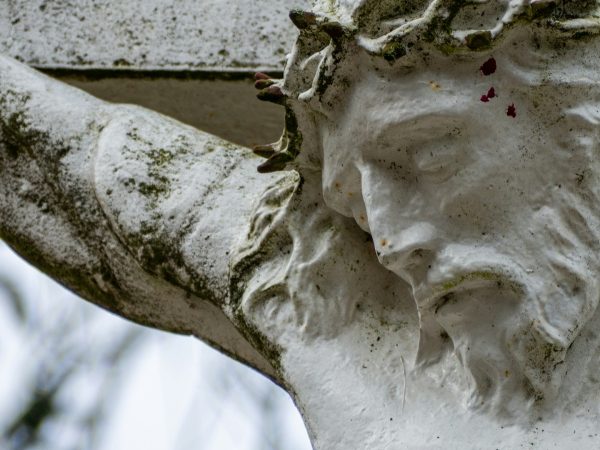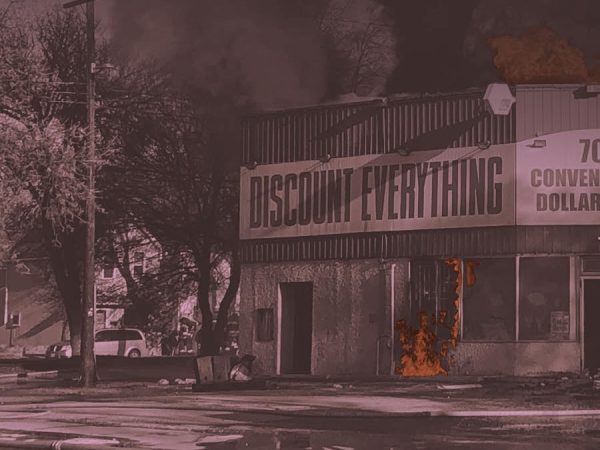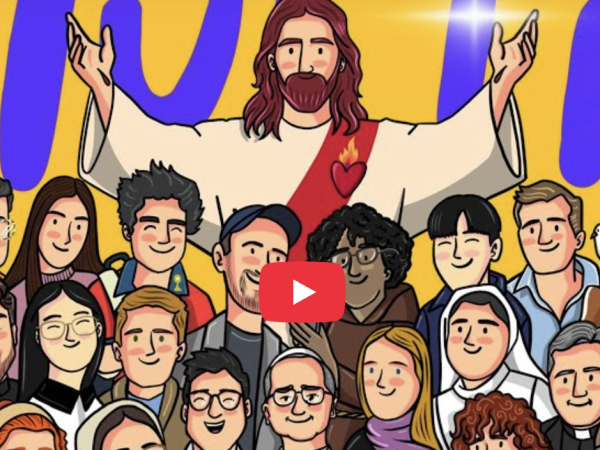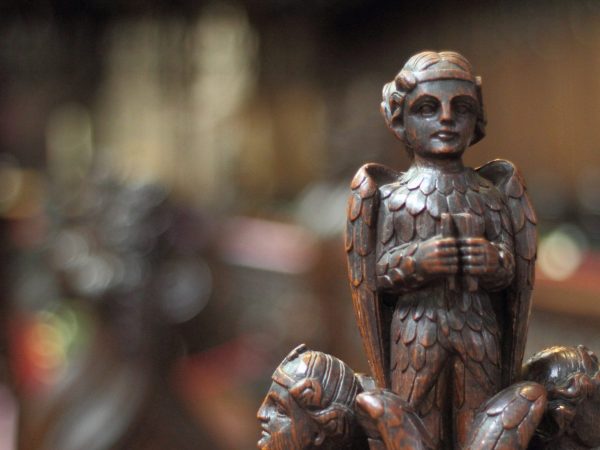
Jesus’s violent crucifixion exposes the inadequacy of Roman “justice” and raises important questions that are deeply relevant for today. For example, what aspects of our justice systems are designed—intentionally or unintentionally—to diminish human dignity and even dehumanize people?

This one, lone verse from a short New Testament epistle whose authorship is uncertain has had outsized impact on Christian perspectives on hunger: that we should be more worried about getting cheated than we are about neighbors going without food.

This parable is very much about the widow being a “new and unsettling force in the complacent life” of this unrighteous judge and the structures which incentivize his brutality. To speak of the widow in terms of unsettling force is anything but a stretch in this text. In fact, I think you might be surprised at the turn that is coming.

Does being “without sin” mean never regretting anything, or getting everything right on the first try?







